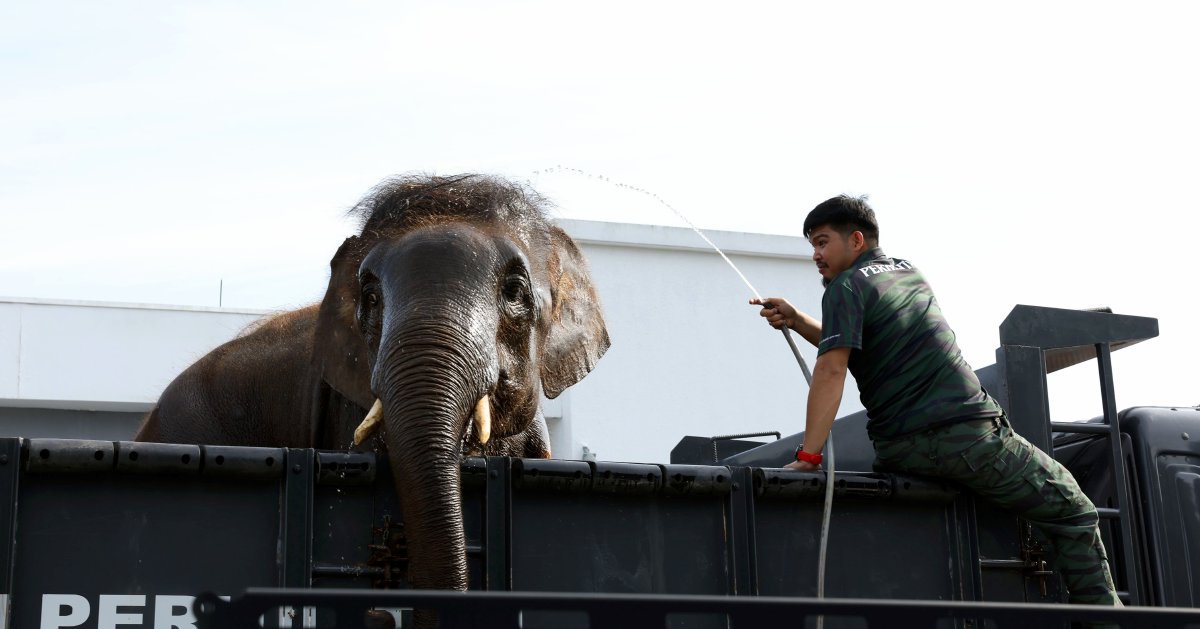KUALA LUMPUR: At least 5,000 wildlife rangers are needed to patrol habitats in Peninsular Malaysia, a conservation group said.
Wildlife Conservation Society (WCS) Malaysia, the local chapter of an international organisation headquartered in New York, added that more personnel were essential to curb poaching, a major factor in the decline of tigers and their prey species.
Its country director, Dr Mark Rayan Darmaraj, said poaching had escalated sharply in recent decades.
“Prior to two decades ago, there were only isolated incidences of snaring. Since then, thousands of snares have been detected in our forests. Massive snaring by locals and Indochinese poachers can wipe out tigers and other large mammals within a short time.”
Darmaraj said tigers required large prey, such as sambar deer, to thrive. However, the deer population has dwindled due to local hunting, further contributing to the Malayan Tiger’s decline.
The key issue, he said, was that Malaysia simply did not have enough frontline rangers.
“A minimum of 10 rangers for every 100sq km is needed to monitor, detect and deter poachers.”
This translates to at least 5,000 rangers for Peninsular Malaysia.
While acknowledging that securing resources would be “extremely challenging”, Darmaraj said there were encouraging developments in recent years.
He highlighted two initiatives — Operasi Bersepadu Khazanah (OBK) and the Community Ranger programme, which boost enforcement and patrol presence.
“OBK has been an important aspect of wildlife conservation, and is a model of collaboration and use of existing resources,” he said.
The Community Ranger programme, led by the Wildlife and National Parks Department, is supported by non-governmental organisations (NGO) and other agencies. It deploys over 1,000 patrollers by hiring Orang Asli, local community members and veteran armed forces personnel.
TRAFFIC Southeast Asia, the regional office of a global NGO that monitors wildlife trade worldwide, said tackling poaching and trafficking required more than just forest protection.
“It extends to monitoring illegal trade in shops, markets and online,” said its director, Kanitha Krishnasamy.
“It means having enough skilled people and resources for investigations into not just those arrested, but also kingpins, middlemen, couriers and buyers.”
She said state governments must allocate more resources for protected areas, monitoring and intelligence-gathering.
“They should also invest in reducing human-wildlife conflict, and establishing corridors and crossings for wildlife.”
She added that states must ensure local councils prevent licences from being issued to those involved in the illegal wildlife trade.
© New Straits Times Press (M) Bhd






